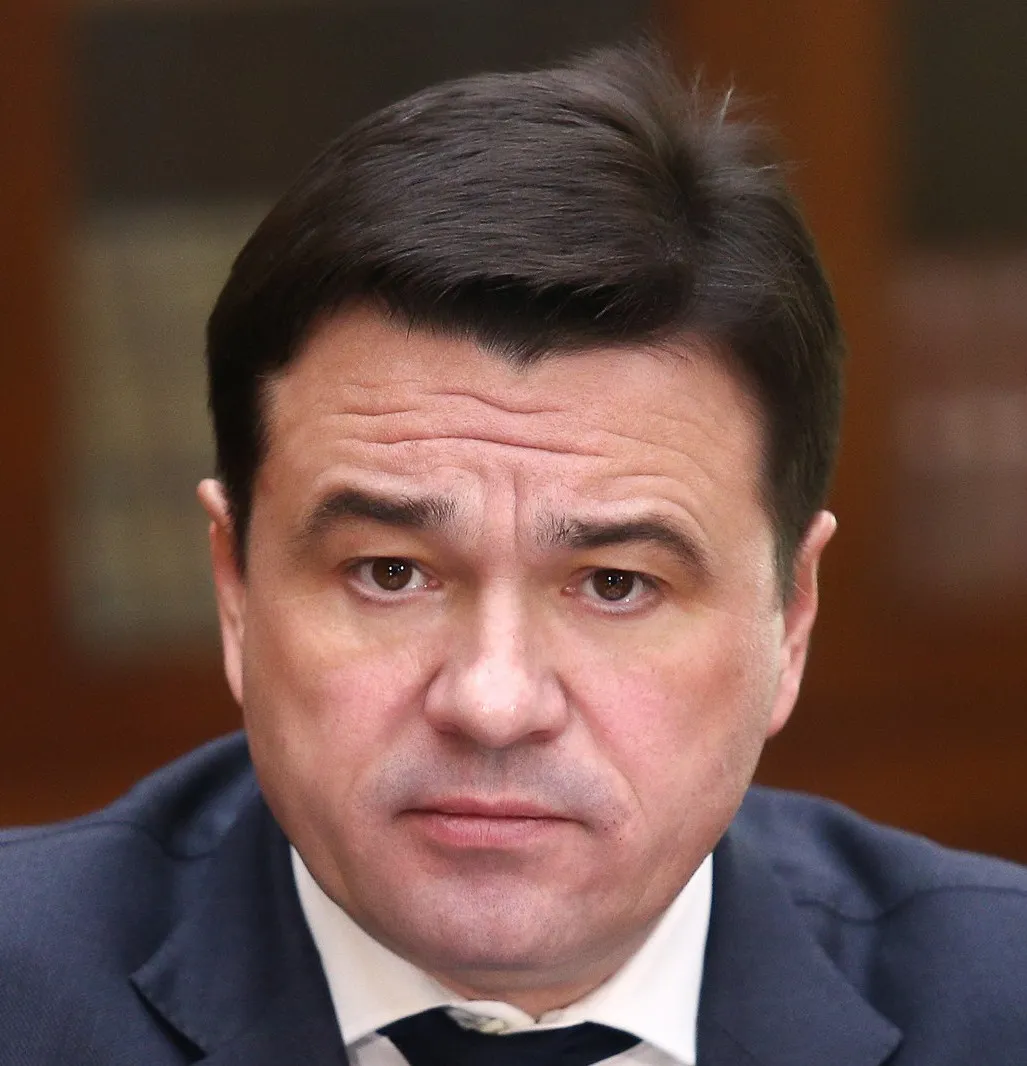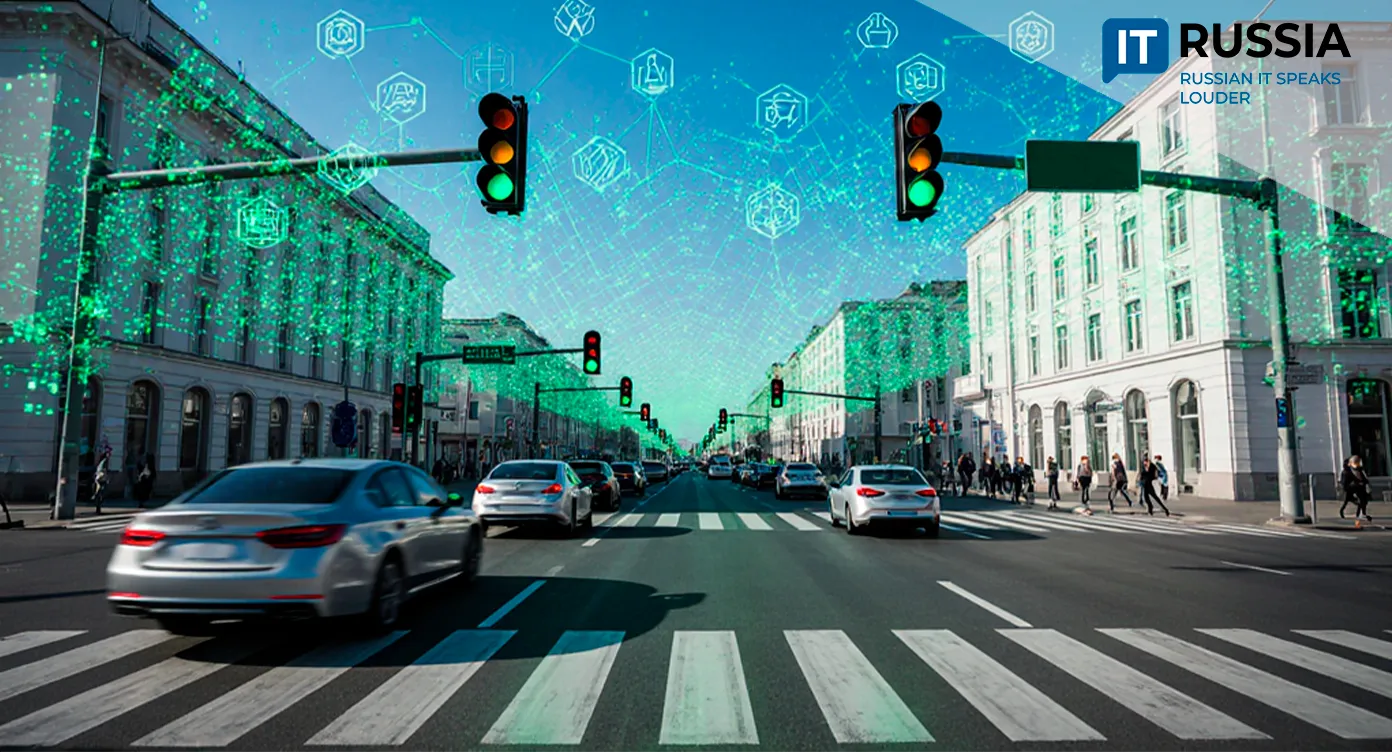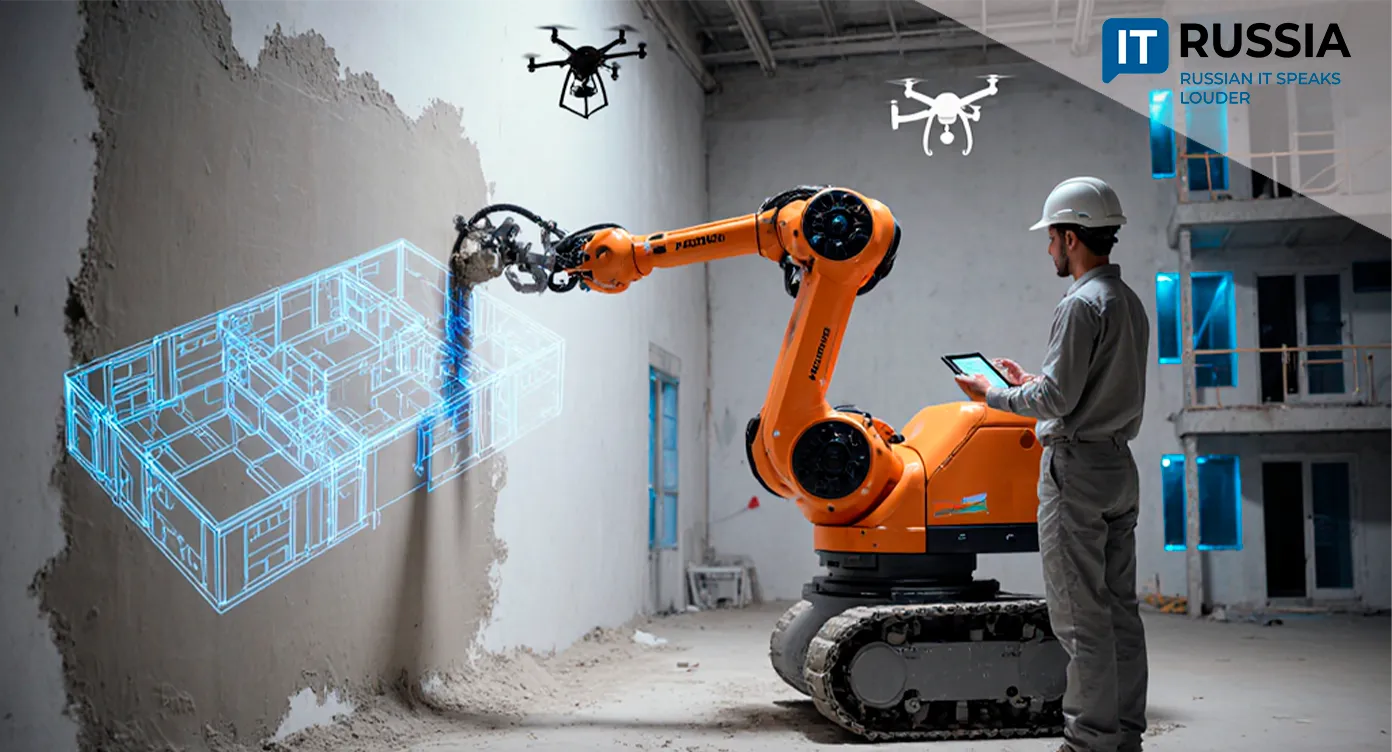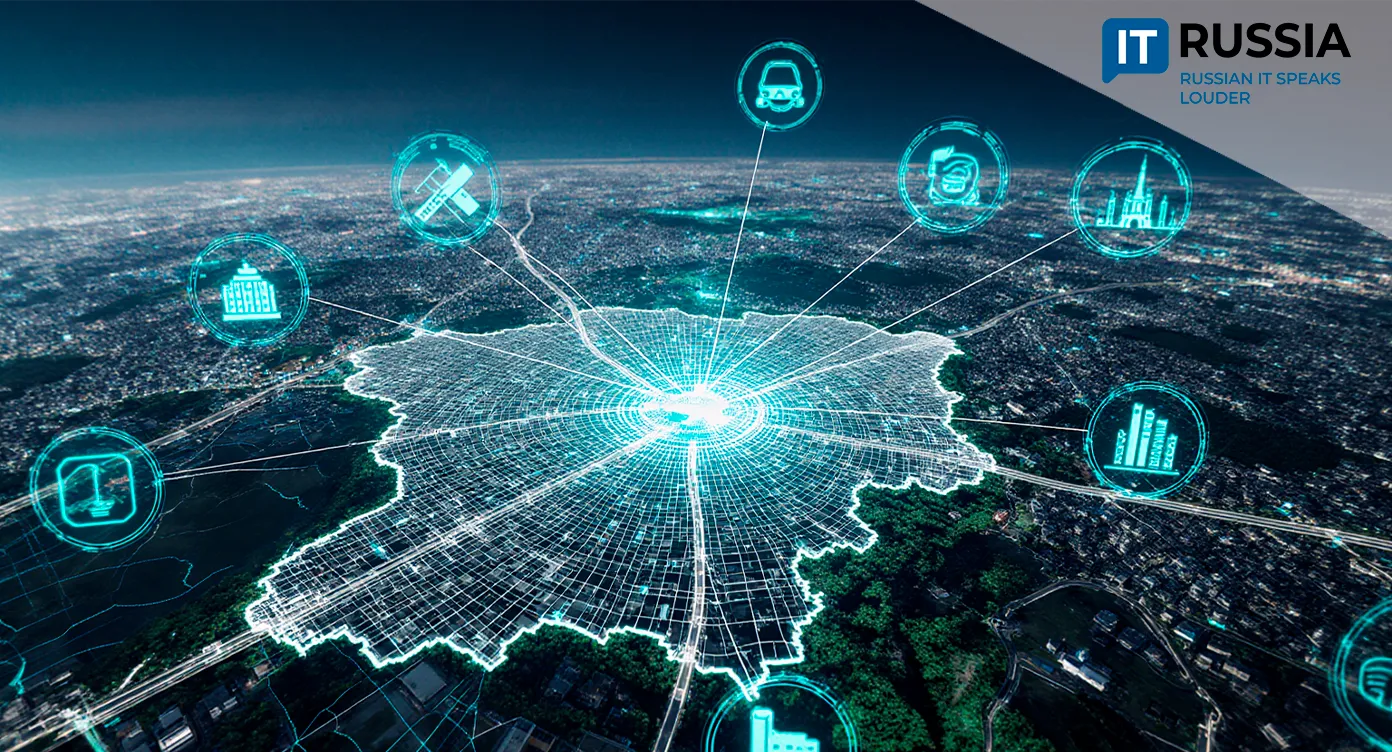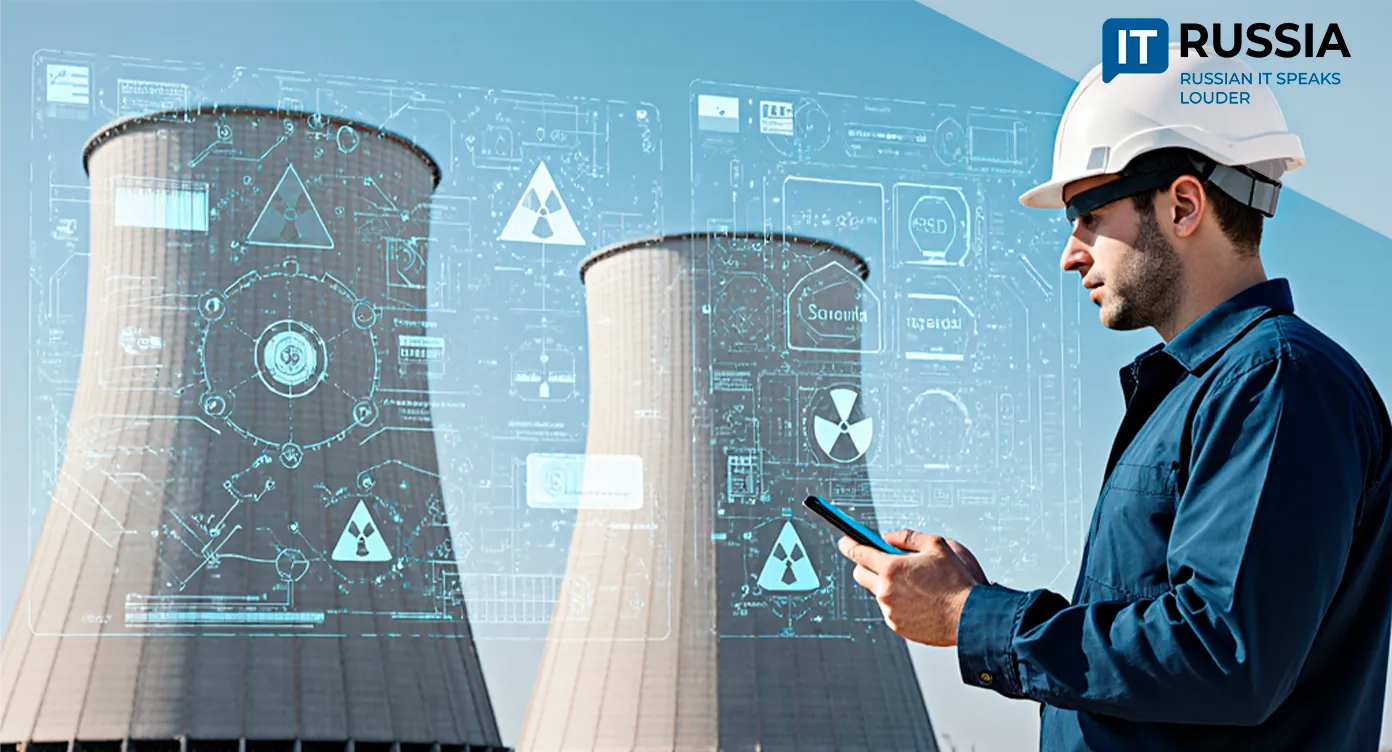Artificial Intelligence Powers District Heating: How Digitalization is Transforming Utilities
Residents of the Istra district may soon notice that heating seasons become more comfortable and reports of sudden outages less frequent. Local authorities plan to deploy an AI-based system for automated boiler monitoring that promises greater reliability and efficiency, reflecting a broader transformation of Russia’s utility sector.
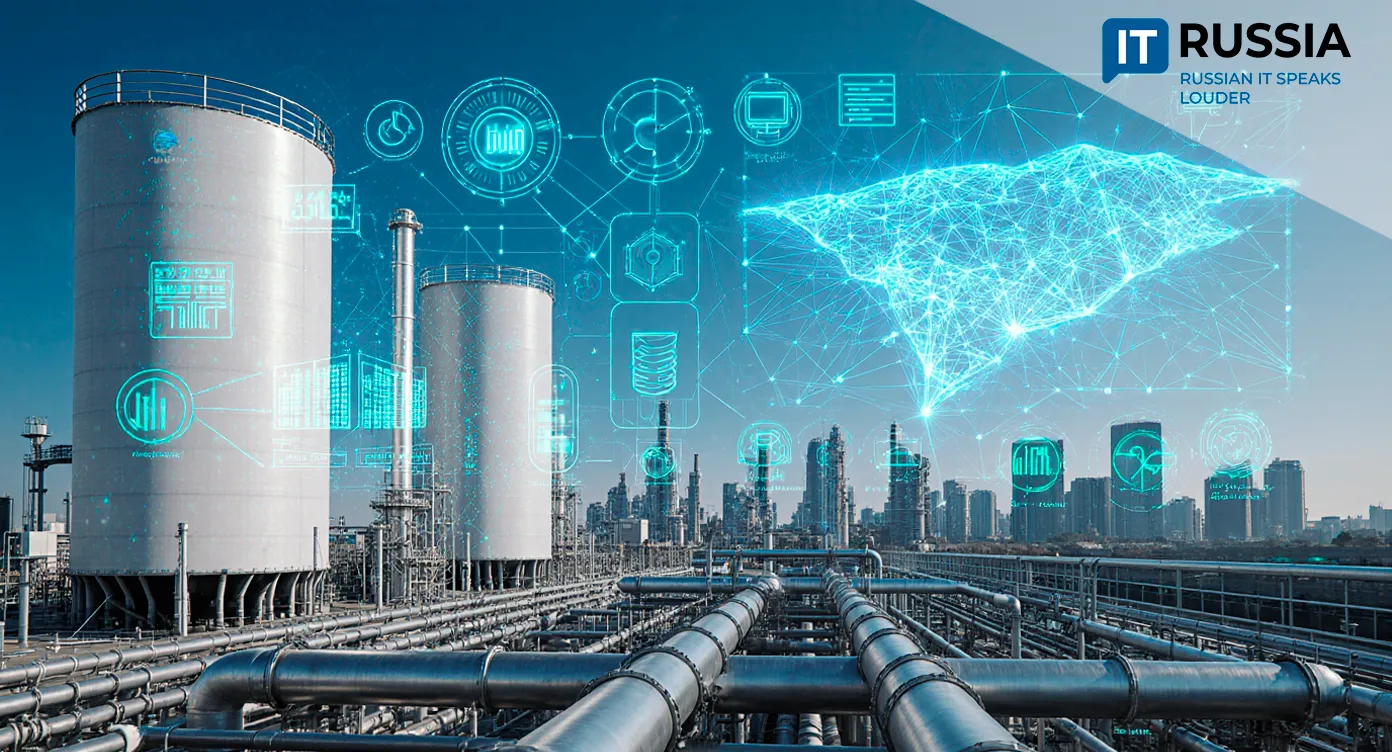
Boilers Under AI Control
Smart algorithms will analyze vast amounts of real-time data: temperature, pressure, fuel consumption, and other critical parameters. Any slight deviation from the norm is immediately flagged, enabling operators to respond before small issues escalate into major outages.
For municipalities, this means potential savings on emergency repairs and more efficient resource use. For residents, it means greater reliability of heat supply.
Although this project is local in scope, it reflects a broader national trend: the digitalization of communal infrastructure across Russia.
Digitalizing Heat
Istra’s initiative is not the first, nor the only, example in Russia. Over the past few years, similar projects have demonstrated measurable success across the country.
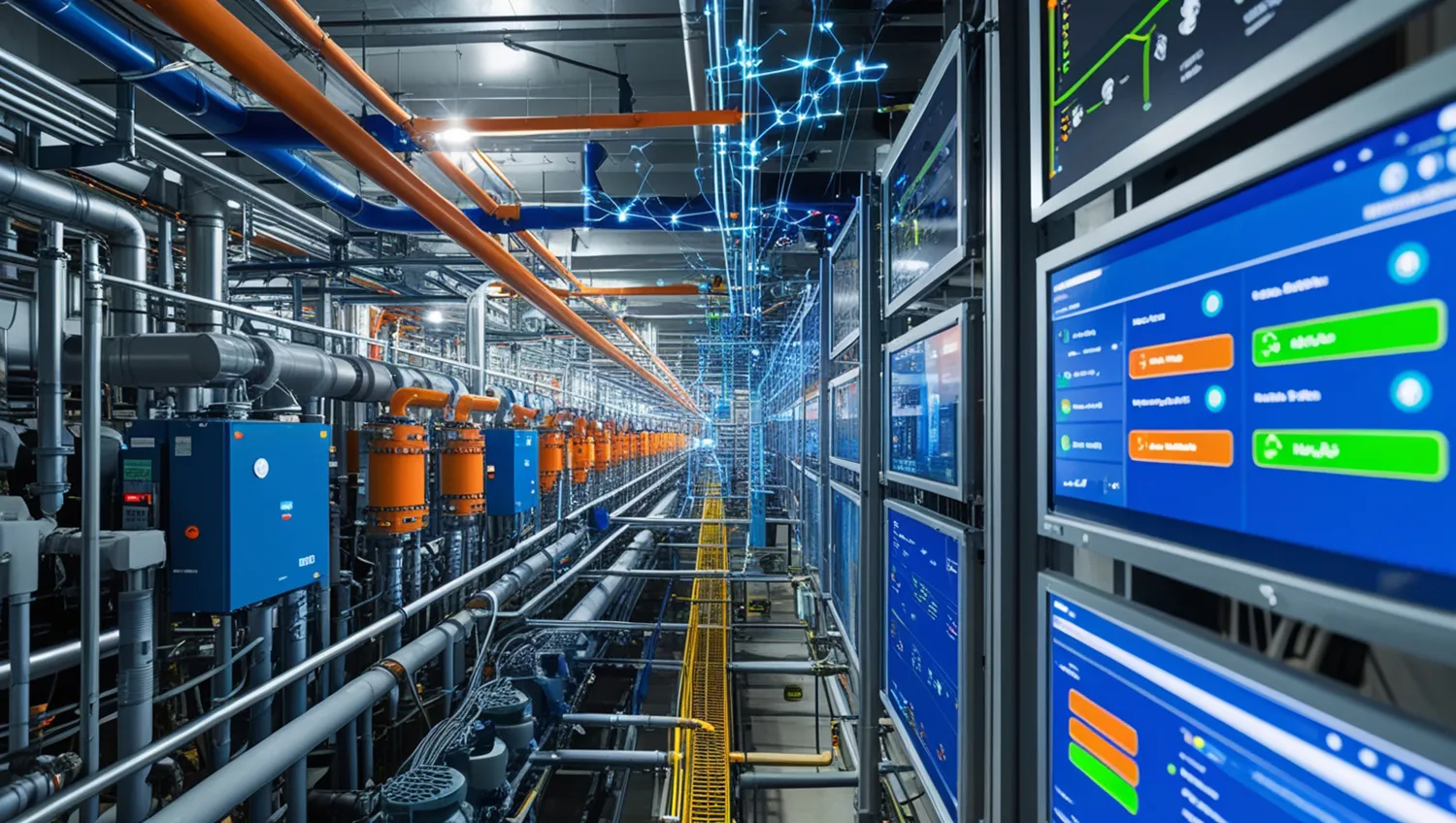
Yekaterinburg stands out as one of the pioneers of digital district heating. The local utility created and implemented a sophisticated automated management platform, including a “digital twin.” This dynamic model, updated every 30 minutes, tracks the condition of thousands of kilometers of pipelines and hundreds of heating nodes while also forecasting the impact of operational decisions and optimizing system performance. It has even learned to predict failures before they occur, sparing residents from the annual inconvenience of hot water shutdowns during hydraulic testing. The economic benefit of digitalization is estimated in the tens of millions of rubles.
Another example is the large-scale modernization in Mytishchi, near Moscow, completed in 2025. As part of the federal “Digital Boiler” project, the municipality established a unified dispatching network covering all 54 boilers, hundreds of kilometers of pipelines, and nearly 2,000 heating nodes.
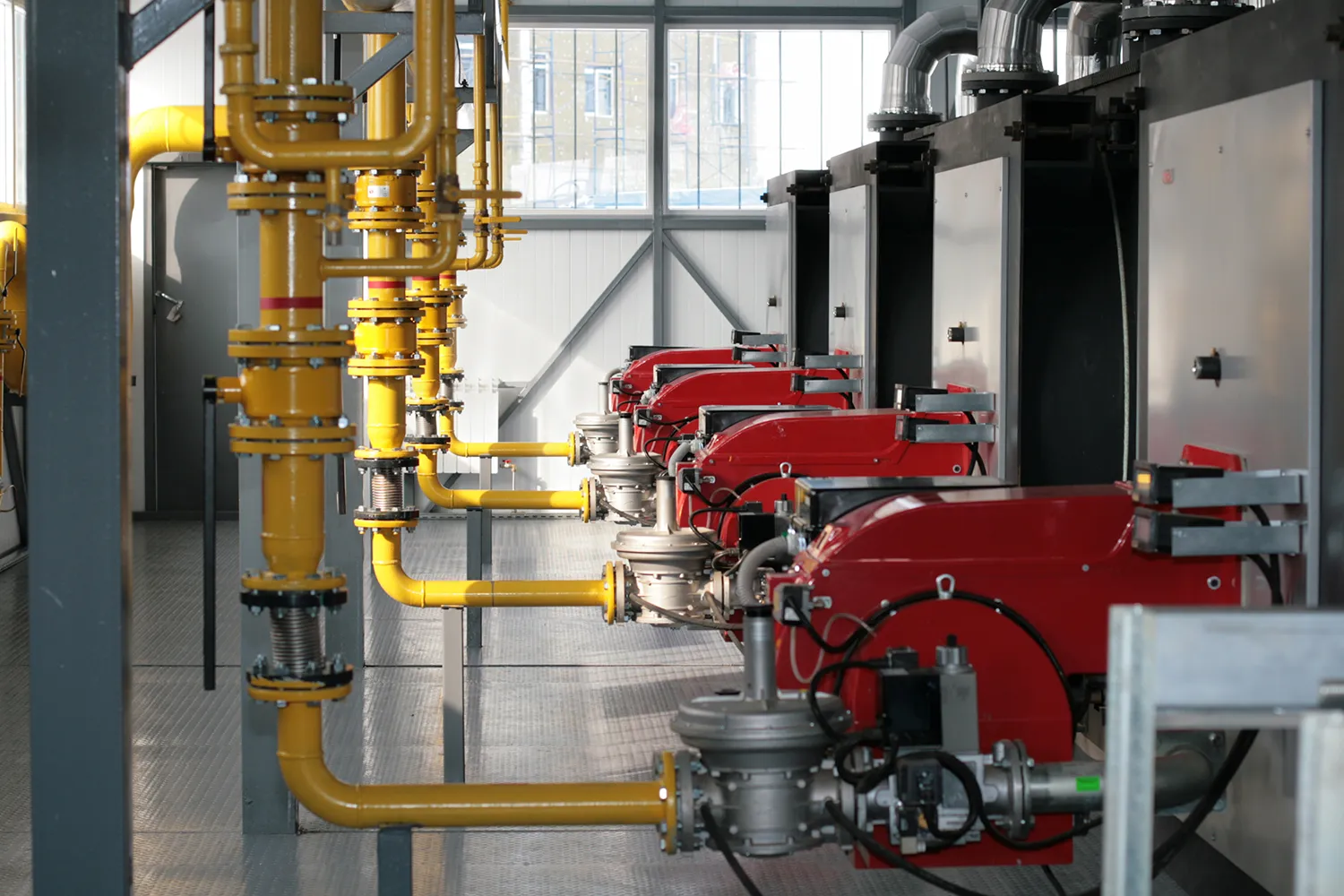
In addition, at the end of 2023, a boiler plant equipped with artificial intelligence was launched in Nizhnevartovsk. The new station, outfitted with advanced controls, operates autonomously, supplying heat and hot water to a significant portion of the city.
From Pilots to Nationwide Rollout
The early deployments show that the future of Russia’s utilities is digital. Successful pilot projects like the one in Istra, if proven effective, can quickly scale to other regions. Domestic solutions in this field have serious export potential, especially for countries with similar climates and utility infrastructures.
The next one to two years will likely be devoted to fine-tuning these systems and addressing early-stage issues. So far, the Moscow region remains the only pilot area implementing municipal energy digitalization under a unified program, but this approach is expected to spread nationwide.
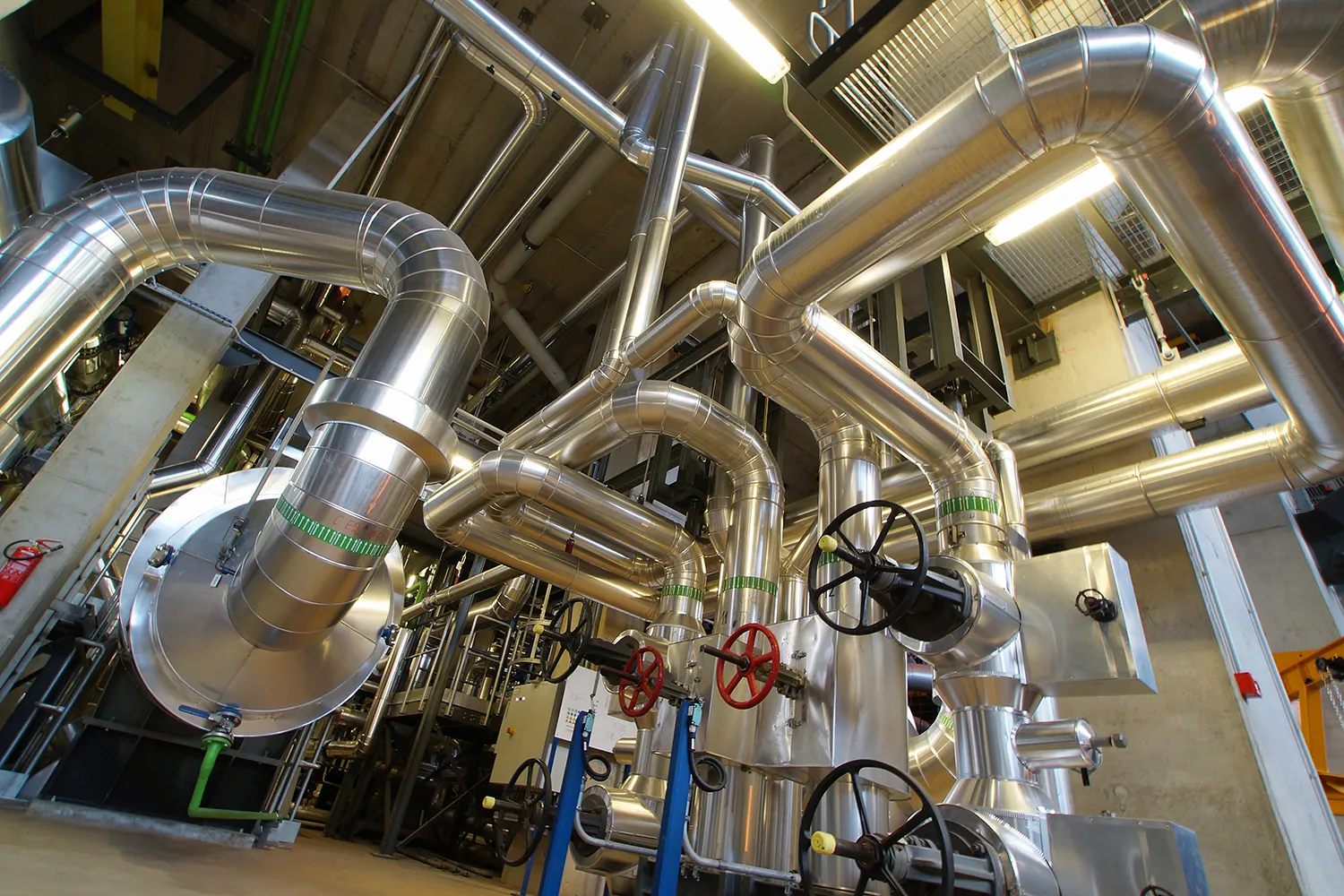
Challenges remain, including the transition to domestic software under sanctions, ensuring cybersecurity, and training skilled professionals capable of managing high-tech systems. Yet the trajectory is clear: investing in intelligent management of energy assets is not just a passing trend but a strategic move toward higher reliability, economic efficiency, and, ultimately, improved quality of life for millions of citizens.


